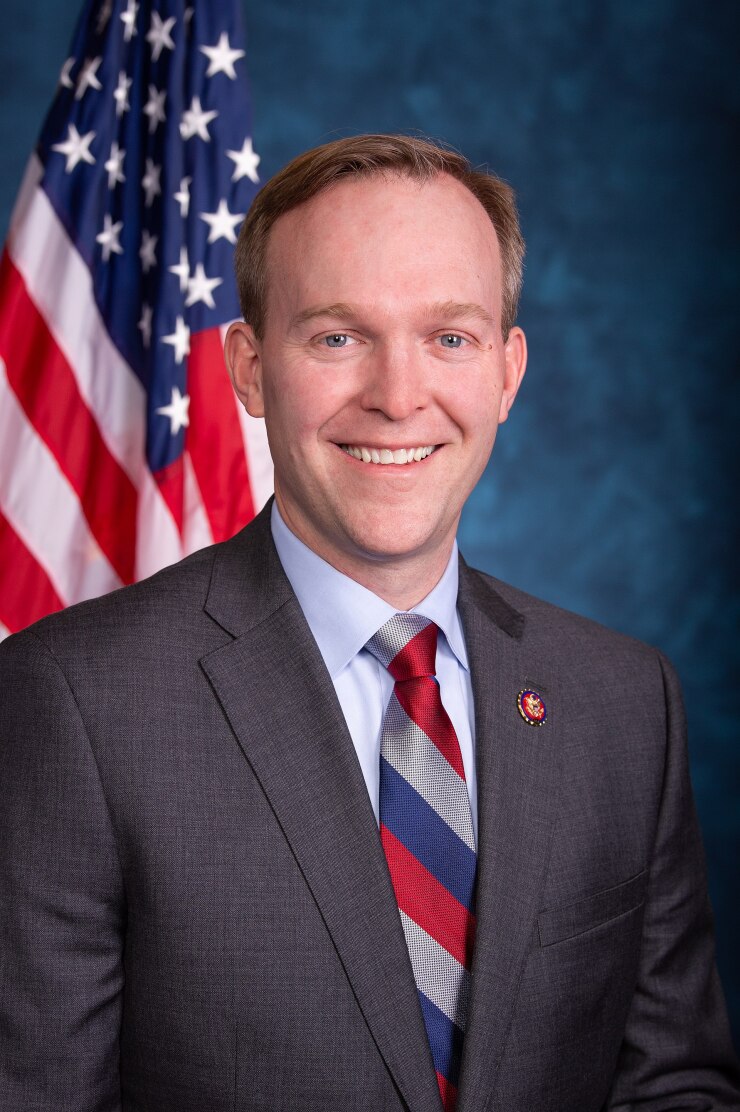Federal funding programs that rely on public private partnerships and championed by the Department of Transportation are pushing municipalities into hard comparisons of P3’s to traditional bond offerings.
“The amount of time that I spent on bond issuance was about twenty minutes spent signing the paperwork and maybe ten minutes with the CFO telling me that it was a good proposal,” said Ben McAdams, senior fellow, Government Finance Officers Association and former mayor of Salt Lake City.
“We had municipal financial advisors who would say, ‘Hey, we’ve been looking at your bond portfolio, and we think you have an opportunity to refinance.’ Why don’t we do that with our real estate?”
Eric Connolly
The comments came during a series of panel discussions hosted by the Brookings Institute on Wednesday in Washington D.C.
McAdams cites a lack of real estate expertise at city hall as a major obstacle. “Governments don’t know how to do this, because the people who are responsible are stewards over the parcel, it’s not their job to think about complex public private partnerships,” he said.
The event served as platform for an announcement from the U.S. DOT regarding the closing of the first Transportation Infrastructure Finance and Innovation Act loan issued through the Build America Bureau.
The Build America Bureau has $100 million in grants available over the next five years for public entities doing pre-development work to structure public-private partnerships for transportation and transit-oriented development projects.
The Notice of Funding Opportunity was released in March and updated on Tuesday with the feds already expressing concern about low interest levels.
“The question is why these programs are underutilized,” said Morteza Farajian, executive director, Build America Bureau, U.S. Department of Transportation.
“Why, if you have over $100 billion available, are folks are not taking advantage of it?”
Some experts are questioning whether the DOT is the right agency to be dispensing the funds since housing is a key part of the equation.
“The Build America Bureau is part of the Department of Transportation and that concerns me,” said Yonah Freemark, an Urban Institute expert on fair housing, land use, and transportation.
“The folks who might know the most about investing in housing aren’t necessarily the folks who are overseeing these loans.”
P3s come standard with more moving parts than a typical bond offering but they also transfer some of the risk to the private partner who’s responsible for making the asset perform as advertised.
Making a qualifying deal work often begins with a municipality figuring out what land it actually owns.
“A piece of legislation directed my office to conduct an inventory of all publicly owned lands across the entire state,” said Laura Hanson, state planning coordinator, Utah Governor’s Office of Planning and Budget. “We’re finding that’s an awful lot harder than it sounds.”
Utah is moving forward with a major overhaul of 170 acres of state-owned land that includes light rail access, surface parking lots and the current home of the Utah State Fair.
An adjoining parcel hosts a power plant scheduled for decommission. A private developer working with the project is proposing a major league baseball stadium as a replacement.
The city of Atlanta, Georgia is checking multiple boxes and would seem to be an ideal candidate for federal funding with its Two Peachtree Street project.
The city bought the aging 41-story downtown building from the state in 2022 via with a $39 million funding from the Eastside Tax Allocation District.
The building is next to a light rail station and is now slated for a major mixed-use makeover that will include retail, a hotel, office space and affordable housing. A development team has already been selected.
To encourage more action downtown the Atlanta is trying to make thing easier for development partners.
“We’re going to do the entitlement work on the front end, and we’re going to give the developer entitled properties,” said Josh Humphries, senior advisor to the mayor – housing, City of Atlanta.”
“That means the work is done with the neighborhood before the developers are ever there. It puts more on the public side in order to do that, but it also reduces the time risk for a developer.”
